How Many Dogs Does It Take to Change a Light Bulb
As the world warms, extreme weather events are becoming more frequent and intense, sea levels are rising, prolonged droughts are putting pressure on food crops, and many animal and plant species are being driven to extinction. It's hard to imagine what we as individuals can do to resolve a problem of this scale and severity.
The good news: We are not alone. People, communities, cities, businesses, schools, faith groups and other organizations are taking action. We're fighting like our lives depend on it — because they do.
In a world of more than seven billion people, each of us is a drop in the bucket. But with enough drops, we can fill any bucket.
David Suzuki
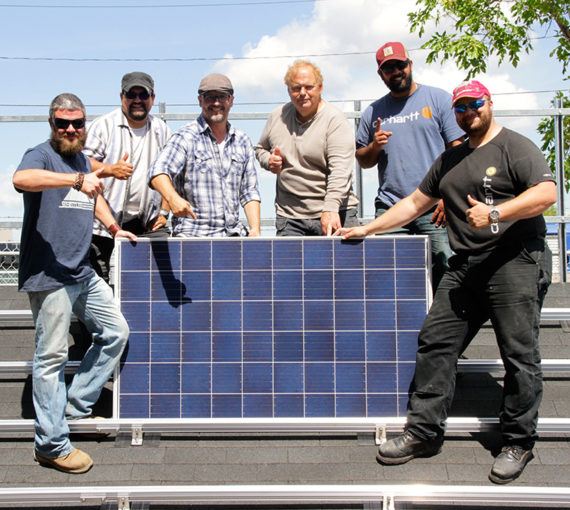
1. Urge government to take bold, ambitious climate action now
Top climate scientists issued a "code red for humanity" recently, warning that this is our last chance to implement the transformational changes necessary to keep warming below 1.5 C and avoid the most dangerous impacts of climate chaos.
Canada's climate targets are still critically insufficient to do our fair share on the global scale and we are the only G7 country whose emissions have increased since the Paris Agreement was signed.
The climate crisis won't wait. Join us in calling on all federal parties to cooperate and get Canada to act on climate change with the ambition and urgency this crisis demands.
Sign the petition!

2. Help raise climate ambition by painting your town with climate art
We know that meeting the challenge of the climate crisis takes creativity, community and fun on top of the science, policy and advocacy that defines so much of our work.
So, the David Suzuki Foundation hosted a collaborative project that brought together artists from diverse communities and backgrounds to share their perspectives on climate change. Their artwork paints a vivid, gripping and beautiful call for climate justice.
You can help raise our collective climate ambition by:
- selecting the posters you resonate most strongly with
- printing them on regular letter size (8.5 x 11") paper
- putting them up on community notice boards, at your favourite café, on the communal fridge in your dorm or any visible spot where posters are allowed
Explore theArt for Climate Justice virtual gallery
Select and download climate art
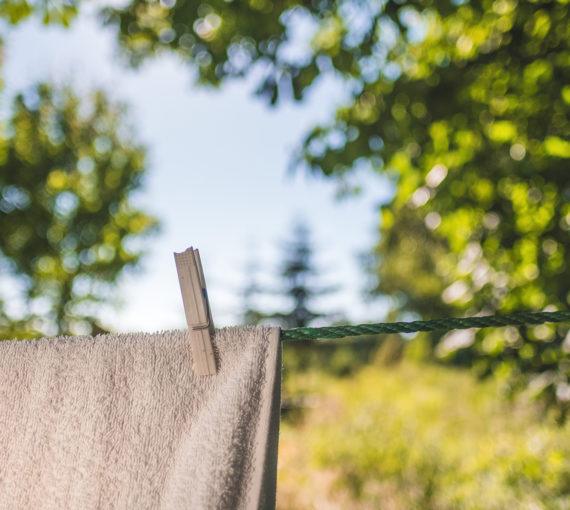
3. Use energy wisely — and save money too!
Canada is the top per-capita energy consumer in the world! By becoming more energy-efficient, you not only pollute less but save money too.
Consider making some or all of these small changes. Together, they can really add up.
- A house with a furnace is like a car that idles all day. Swap your furnace for a heat pump, which works by extracting heat from one location and transferring it to another
- Install a programmable thermostat
- Swap your gas stove for an electric stove, which will also lower indoor air pollution
- Unplug computers, TVs and other electronics when you're not using them
- Wash clothes in cold water. Hang-dry your clothes when you can and usedryer balls when you can't
- Look for the Energy Star label when buying new appliances
- Winterize your home to prevent heat from escaping and try tokeep it cool in the summer without an air conditioner
- Change to energy-efficient light bulbs
- Get a home or workplace energy audit to identify where you can make the most energy-saving gains
Get simple DIY recipes, how-tos and green living tips from the Queen of Green


5. Start a climate conversation
Solving climate change requires us all to work together. We can't do that without finding common ground with those who may not share our perspective.
Since people often trust peers, family members and loved ones more than they trust experts, scientists and environmental organizations, you can talk to people about climate change in ways we can't. You are more likely to open people's minds.
Learn from CliMate, a fun and interactive chatbot that teaches you how to have conversations about climate change that decrease divisiveness and help cultivate empathy and find common ground. Overcoming polarization is key to moving forward on climate solutions.
Give it a try! Launch the chatbot
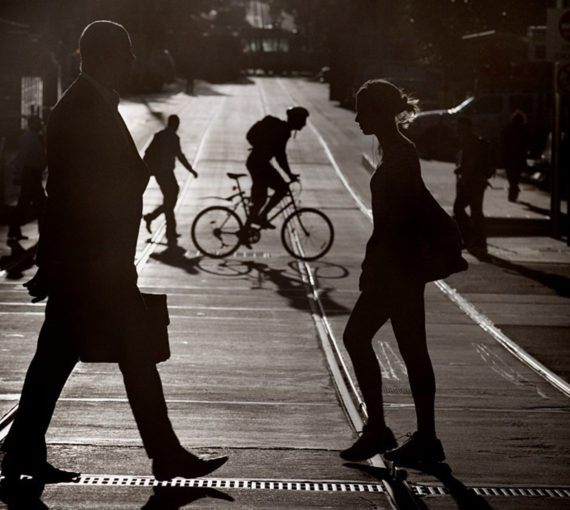
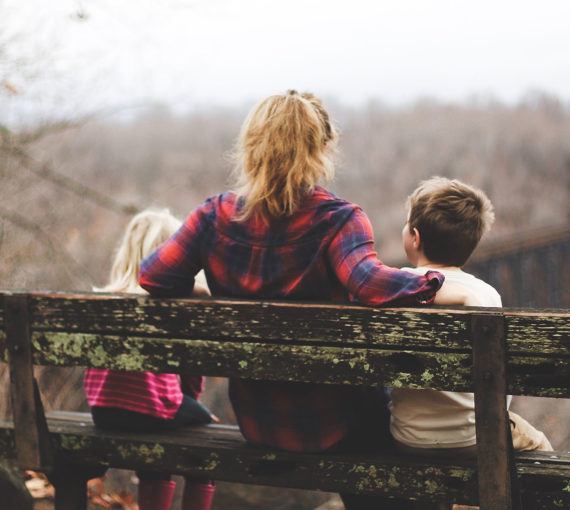
7. Consume less, waste less, enjoy life more
"We use too much, too much of it is toxic and we don't share it very well. But that's not the way things have to be. Together, we can build a society based on better not more, sharing not selfishness, community not division." — The Story of Stuff
Focusing on life's simple pleasures — spending time in nature, being with loved ones, making a difference to others — provides more purpose, belonging and happiness than buying and consuming. Plus, when we consume less, we produce fewer emissions and are gentler on the earth. Sharing, making, fixing, upcycling, repurposing and composting are all good places to start.
Fire up your commitment to the people and places you love by acting every day on the understanding that we are one with nature.
Get simple DIY recipes, how-tos and green living tips from the Queen of Green
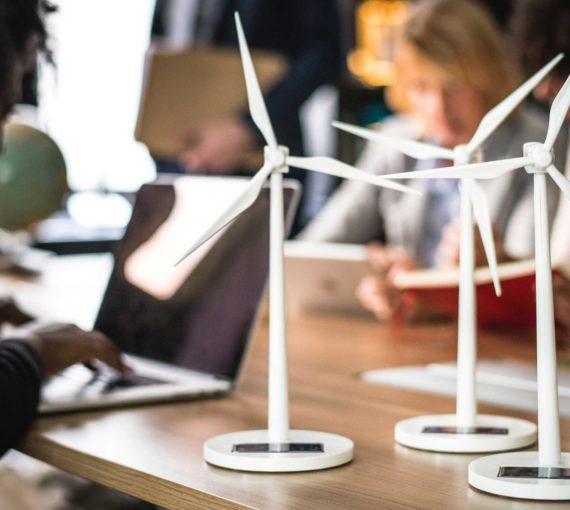
8. Invest in renewables and divest from fossil fuels
Even if you can't install solar panels or a wind turbine, you can still be a part of the clean-energy economy. Search online for local renewable energy co-ops to join. As a member, you'll own part of the co-op's renewable energy projects and will receive a return on your investment. You can also speak to your financial adviser about clean energy/technology investments.
Let industry know you care about climate change by meeting with your bank or investment adviser to make sure your investments do not include fossil fuels. And make sure your workplace, pension fund, university or bank doesn't invest in fossil fuels either. If they do, join or start a divestment campaign.
Learn more about why it's important to divest from damage and invest in a healthier future.
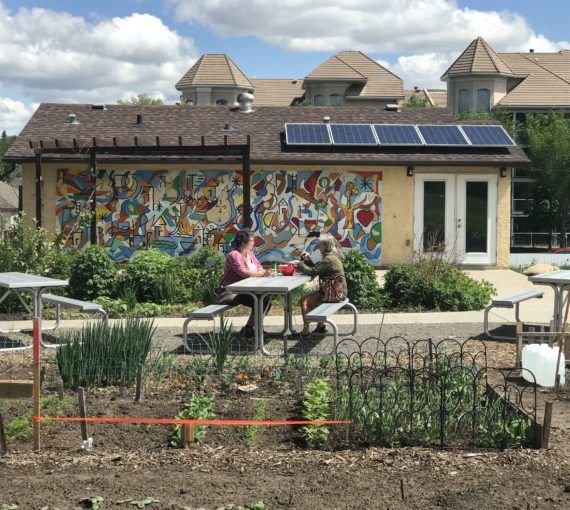
9. Mobilize for local climate action
"What our cities do individually and in unison to address climate change can set the agenda for communities and governments everywhere." — C40 Cities
In Canada, municipalities have influence over about 50 per cent of our emissions. And with about 80 per cent of Canadians living in cities, it's important — even crucial — that we focus on their potential to help stop climate change.
Citizens like you, who are willing to work with progressive local government leaders, stand to make a huge difference.Your role as a citizen with your local government is powerful.
We have created a comprehensive online resource that will support you to work with your local government on climate action.
Your voice: mobilizing local government climate action
Explore the guide
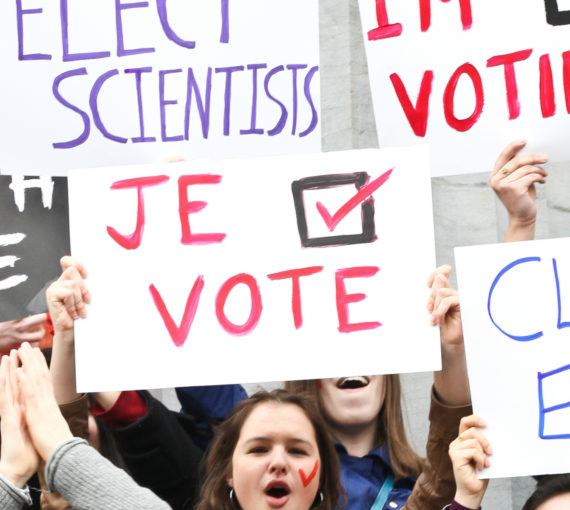
10. Get politically active and vote
Although it's important to take action to reduce our individual carbon footprints, we also need to focus on changing the larger system. That's where we have the greatest opportunity to reduce emissions.
Vote for leaders at all levels of government who take climate change seriously. They should commit to setting science-based targets to reduce harmful carbon emissions, implementing clear plans to reach those targets, adapting to climate change and shifting to a clean-energy economy.
Make sure you are registered to vote and then get informed for all elections — not just the ones that get the most media attention. Candidates' positions on climate change vary widely, so research the parties, ask questions about climate change at town halls or debates and let your candidates know you are voting for the climate. Know that your vote really matters.
If you're too young to vote, encourage your class or school to join a Student Vote program, which provides students the opportunity to experience participation in the election process. You can also talk to your parents about the importance of voting for climate action.
Upcoming elections:
- Montreal – municipal – November 6 & 7, 2021
- Ontario – provincial – June 2, 2022
- Quebec – provincial – October 3, 2022
The first step is registering to vote.
How Many Dogs Does It Take to Change a Light Bulb
Source: https://davidsuzuki.org/what-you-can-do/top-10-ways-can-stop-climate-change/